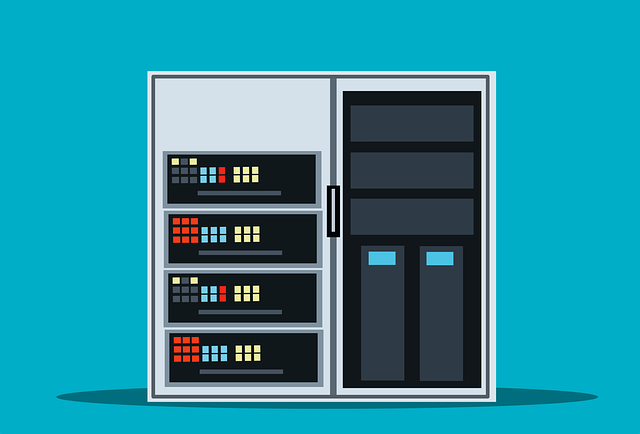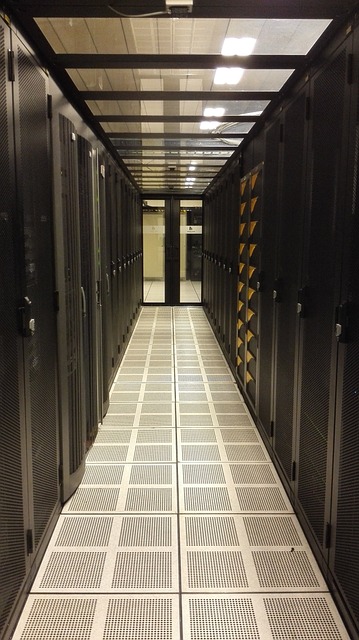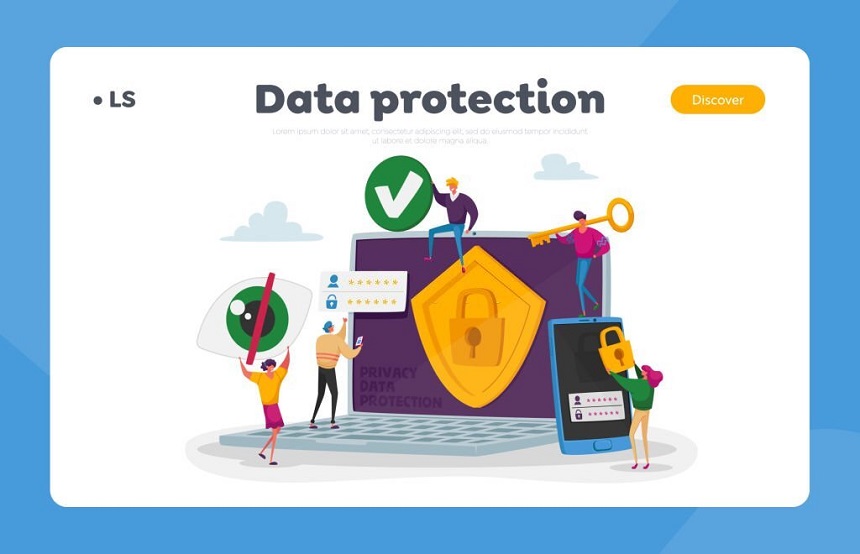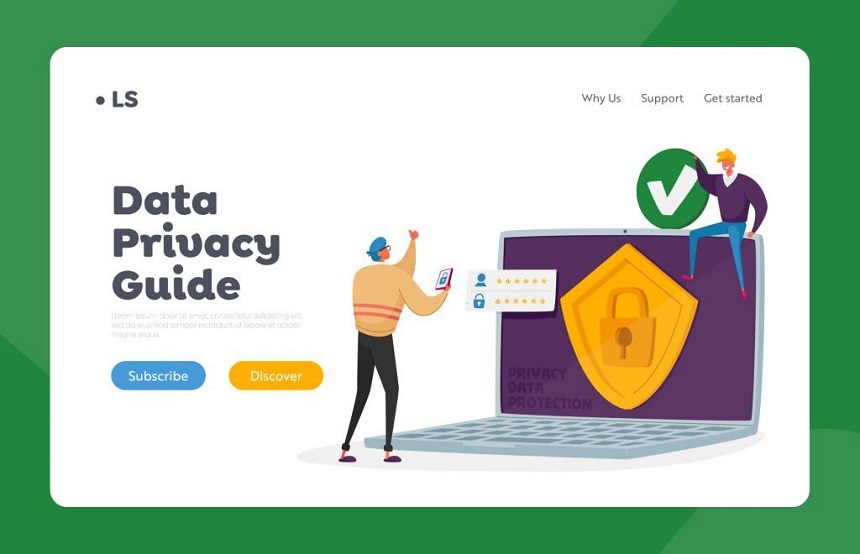What are the classifications of proxy IP?
What are the classifications of proxy IP?

Proxy IP can be classified according to usage and identity, and common classifications include the following:
Transparent Proxy: Transparent proxies forward the real IP address to the target server, allowing the target server to know the user’s real IP address.
Anonymous Proxy: Anonymous proxies hide the user’s real IP address, preventing the target server from obtaining the user’s real IP address, but the use of a proxy can still be detected.
High Anonymous Proxy: High anonymous proxies not only hide the user’s real IP address but also hide their own existence, making it impossible for the target server to detect the use of a proxy.
Forward Proxy: A forward proxy is a proxy between the client and the target server, representing the client in requesting the target server.
Reverse Proxy: A reverse proxy is a proxy between the server and the target client, representing the server in providing services to the client.
SOCKS Proxy: SOCKS proxy is a network protocol that allows TCP and UDP communication through a proxy server.
These classifications are based on the characteristics and usage of proxy IPs, and different types of proxy IPs are suitable for different needs and scenarios.
What is the purpose of proxy IP?

Proxy IPs serve multiple purposes, including the following:
Hide Real IP Address: Using a proxy IP can hide the user’s real IP address, giving the user a different IP address when accessing the internet and protecting personal privacy.
Bypass Bans: Some websites or services may block certain IP addresses, but using a proxy IP can bypass these bans and allow access to blocked websites or services.
Bypass Geographical Restrictions: Some websites or services in certain regions may have geographical restrictions, but using a proxy IP can change the user’s location and bypass these restrictions to access websites or services that are otherwise restricted.
Improve Access Speed: Using a proxy IP allows for caching and acceleration through a local proxy server, improving website access speed, especially when accessing distant servers.
Anonymous Browsing: Using an anonymous proxy IP can hide the user’s real identity and location, enhancing online anonymity and making it more difficult for users to be traced and monitored.
Data Collection and Web Scraping: Proxy IPs can be used in applications such as data collection and web scraping. By changing the IP address, website restrictions on frequent requests can be circumvented, improving data acquisition efficiency.
Security Protection: Using a proxy IP can provide a certain level of security protection. Hiding the real IP address can reduce the risk of being targeted by network attacks and prevent personal information leakage.
Overall, proxy IPs can provide privacy protection, bypass bans and geographical restrictions, and improve website access speed, making them suitable for various user needs and scenarios.
Are proxy IPs legal?

Using proxy IPs itself is legal, but the specific usage of proxy IPs must comply with relevant laws and regulations. In some countries or regions, the use of proxy IPs may be restricted or regulated, especially in cases involving illegal activities or infringement of others’ rights. Therefore, when using proxy IPs, local laws and regulations should be followed, and the usage should be legal and compliant. Furthermore, it is important to note that proxy IPs should not be used for illegal activities, invasion of privacy, or compromising network security.
What are the limitations of proxy IPs?
The usage of proxy IPs may be subject to certain limitations, which vary depending on the service provider, proxy server settings, and usage methods. Here are some common limitations:
Speed Limitations: Some proxy IP services may impose speed limits, resulting in slower access speeds.
Concurrent Connection Limitations: Some proxy IP services may restrict the number of simultaneous connections, making it impossible to perform a large number of concurrent requests.
Duration Limitations: Some proxy IP services may limit the usage duration per connection, requiring a reconnection after the time limit is reached.
Restrictions on Access to Certain Websites: Some proxy IP services may limit access to certain websites or services, especially those with high risks or illegal content.
Frequency Limitations: Some websites or services may limit the frequency of access via proxy IPs. Excessive requests may result in being banned or restricted from accessing.
Banned IPs: Some websites or services may ban commonly used proxy IPs, making it impossible to access related websites or services using these banned proxy IPs.
Privacy Risks: Using free proxy IP services carries the risk of privacy leakage, as these services may collect and store user data.
It is necessary to understand and comply with the relevant usage limitations based on specific proxy IP services and usage scenarios. Furthermore, to ensure network security and legal usage, users should comply with local laws and regulations when using proxy IPs and avoid engaging in illegal activities, invasion of others’ privacy, or compromising network security.











